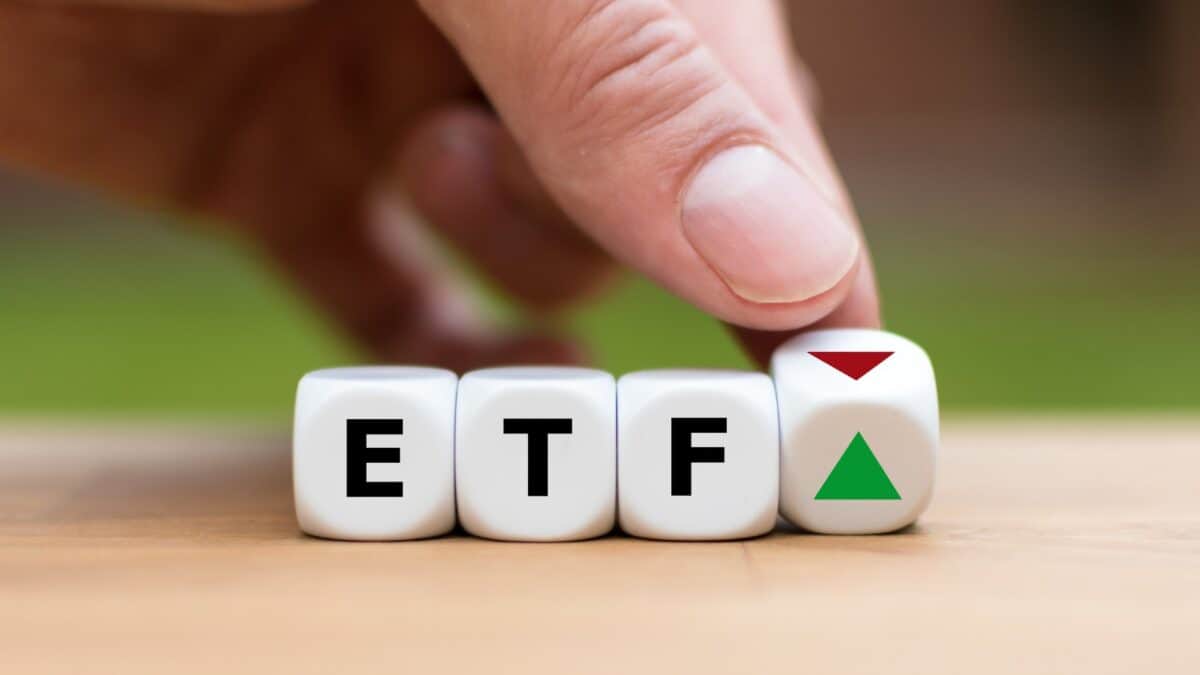Exchange-traded funds (ETFs) are great when constructing a portfolio. They typically hold a basket of assets, such as stocks or bonds, and this diversification can help reduce risk.
I have a couple of thematic ETFs in my portfolio focused on cybersecurity and clean energy. But I’m not invested in any that track major global indexes like the FTSE All-Share or S&P 500. Here’s why not.
Being picky
A few years ago, Professor Hendrik Bessembinder of Arizona State University studied global stock market returns between between 1926 and 2016.
Should you invest £1,000 in Taiwan Semiconductor Manufacturing right now?
When investing expert Mark Rogers has a stock tip, it can pay to listen. After all, the flagship Motley Fool Share Advisor newsletter he has run for nearly a decade has provided thousands of paying members with top stock recommendations from the UK and US markets. And right now, Mark thinks there are 6 standout stocks that investors should consider buying. Want to see if Taiwan Semiconductor Manufacturing made the list?
From 26,000 listed stocks, he established that just 4% accounted for the entire net shareholder wealth created over that period. The remaining 96% of companies collectively generated lifetime dollar gains that matched those from one-month Treasury bills.
Indeed, a new paper by Bessembinder shows that 58% of 28,114 US stocks since 1926 lost investors money.
By definition, then, most of the stocks in an index like the FTSE All-Share or S&P 500 aren’t worth buying over the long run because they fail to beat cash equivalents.
This is why I prefer to use a spear rather than a net when fishing for investment opportunities.
I don’t need to find them all
The obvious rebuttal here is that this is impossible to do. Nobody can guarantee picking the eventual winners and beating the market.
But the great thing is that I don’t have to find all the big winners (which is impossible) or even most of them (which is very difficult). I only need to identify and invest in a handful.
As renowned investor Peter Lynch observed: “You only need one or two good stocks a decade. You don’t need a lot of action.”
Warren Buffett has said the same thing: “Over time, it takes just a few winners to work wonders.”
Four key factors
From his research, Bessembinder noticed four standout characteristics that had any statistical significance for the large returns earned by relatively few stocks.
Over 10-year periods stretching back to 1950, these were:
- Strong cash accumulation
- Rapid asset growth
- High research and development (R&D) spending
- Large share price drawdowns in the previous decade
Now, it’s possible such analysis of past performance might not predict which companies will succeed in future. But it’s worth noting these features are common to the Nasdaq tech giants driving global markets forward today.
TSMC
One stock — trading at just 16 times forecast earnings — that I think matches these characteristics is Taiwan Semiconductor Manufacturing (NYSE: TSM). It’s the world’s largest third-party chipmaker.
TSMC’s capital expenditure in 2023 was a mammoth $30.4bn. It achieved free cash flow of around $9.3bn and a 38% net profit margin.
Since the early 1990s, the firm has grown its revenue and earnings at a compound annual growth rate of around 17%. Incredible.
Across 2021 and 2022, it spent over $13bn on R&D and expects to keep investing aggressively. But the share price dropped 55% over 11 months in 2022.
The firm faces some cyclicality issues with the global economy weak. This presents challenges. Yet growth is forecast to continue long term as semiconductor demand soars.
After all, chips now go in everything from data centres and cars to smartphones and fridges. They’re everywhere and TSMC has a 57% market share of the global semiconductor foundry market.








